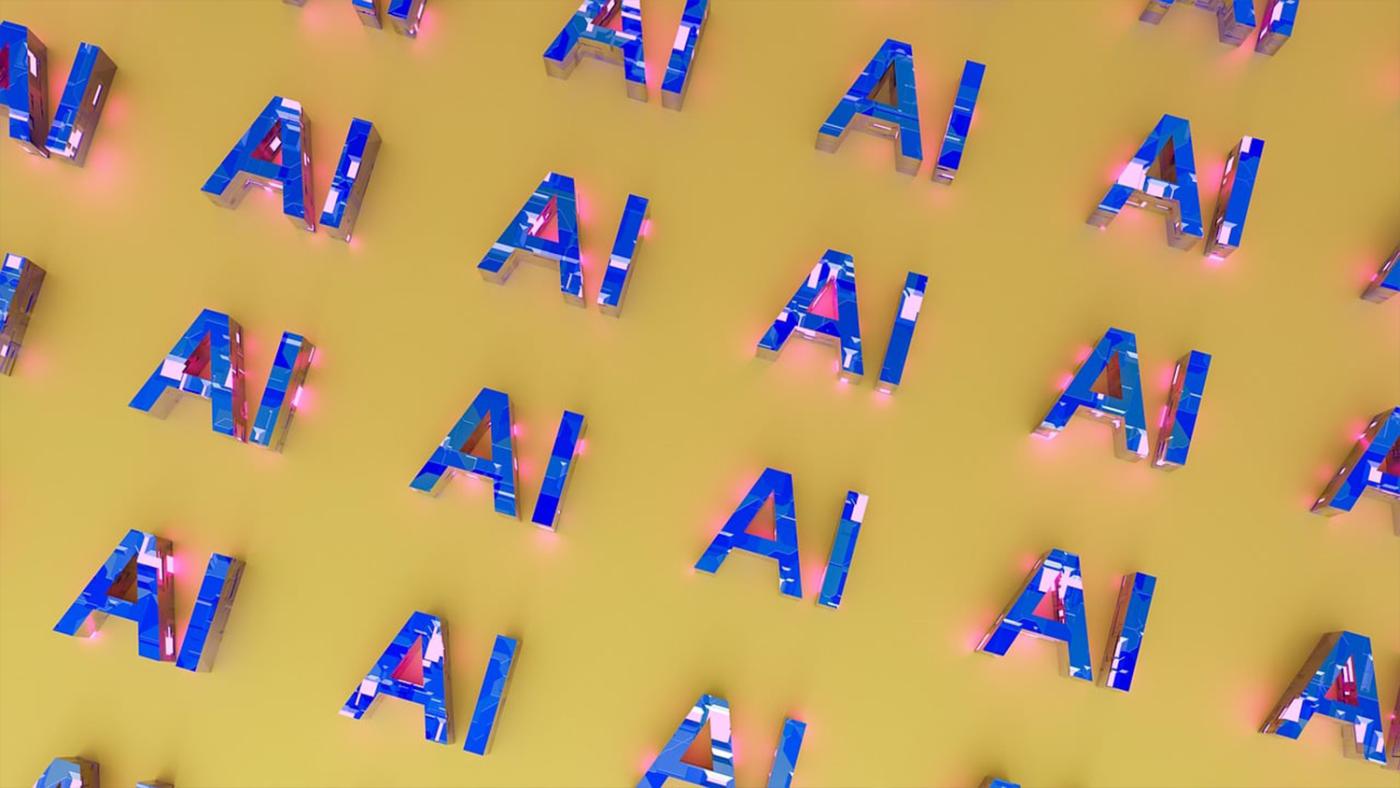Beyond Code: an open platform to learn and reflect on artificial intelligence
Master’s students launch a magazine to discuss AI challenges across different disciplines

The impact of artificial intelligence has been vastly discussed within and beyond classroom walls, sparking a hot cross-disciplinary debate on its benefits and risks for society at large. The question of how and when to properly use generative AI tools is yet to be fully answered at Utrecht University. On one hand, students and teachers are engaging more with Chat GPT as a tool for guidance and writing support, while many different concerns about its future consequences have been raised.
Beyond Code, a new magazine made by UU students, explores this complex debate, reflecting on the latest developments of AI and its significant influence in various fields. Launched by a group of Master’s students in collaboration with USCKI Incognito, a study association for AI at Utrecht University, the project is currently finalising its inaugural issue themed “Computer Visions”, which will be published by the end of the academic year.
The goal is to create a platform for students, researchers, and whoever else is interested in the future of technology. “It will be a space to exchange opinions and reflections that go beyond big tech circles and networks,” says the Beyond Code Editorial Team.
Artificial intelligence goes way beyond science alone
The idea for the project came up spontaneously during one of the weekly meetings organised by Artificial Intelligence and Data Science students to discuss the impact of AI on everyday life, says the Beyond Code team.
“We wanted to give people the opportunity to learn about the complex world of AI and help them understand that it’s far from being a domain of science alone,” says Artificial Intelligence student Thomas.
“The idea was to design an accessible space where the most pressing issues caused by increasingly advanced technologies could be discussed, stimulating critical reflection and even opinion forming” adds Luiza, an Applied Data Science student.
“On this note,” Thomas continues, “the first edition will showcase two special interviews with two different experts that will focus on the role of Philosophy and Biology in addressing AI challenges.”
The aim of Beyond Code is to go beyond what is usually learned and discussed in class, combining as many insights as possible from people with different expertise and backgrounds. “We strive to find a balance between humanities and science in the complex discourse around new technologies, and make it accessible,” concludes Luiza.
Open Call for Contributions
We want people to be actively involved in the project and make it the result of a collective effort among faculties and disciplines,” explains Luiza. “The whole reason for the magazine to exist is to give students a platform to learn about other perspectives around the AI debate and voice their opinion”, says Thomas.
At the moment, about ten people are involved in the launch of the magazine, but the ambition is to make it bigger. “With the publication of our first issue, we hope that the magazine will reach more people and spark their interest, so that they will eventually engage and take over in the future.
"Essentially, we hope to build on the project of Beyond Code so that it lives on,” concludes the board.
For this purpose, Beyond Code made an open call for contributions: until April 24, UU students, researchers, and other technology enthusiasts were welcome to submit their input. People were encouraged to send research articles, reviews, and interviews, which will all be featured in the magazine’s first issue, which will be made openly accessible.